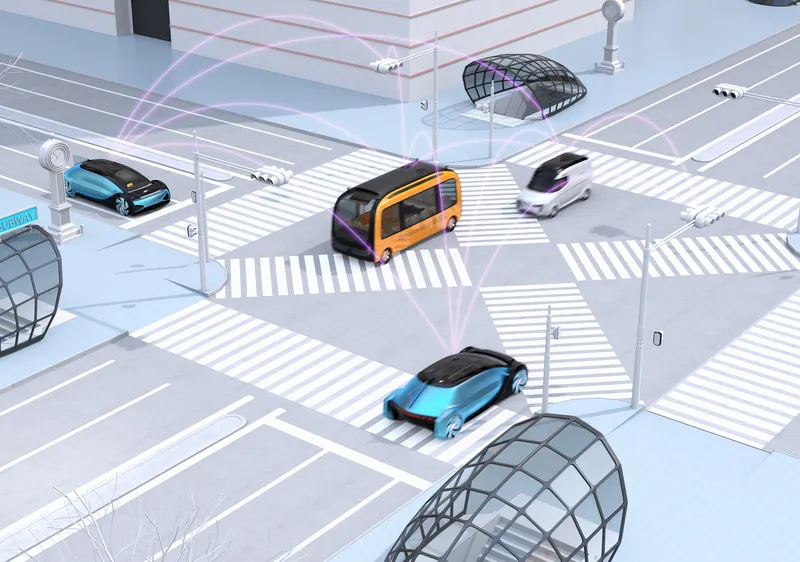
Wejo Group has launched Wejo Labs, a cloud-based platform that offers access to data from tens of millions of connected vehicles (CVs) from across the US and Europe.
It means universities, research organisations and civil and traffic engineering consultancies will be able to run traffic and mobility research at scale, Wejo says - such as origin-destination studies, congestion management, event planning and high-traffic destinations.
"Queries on this data can lead to a better understanding of how road conditions affect driving behaviours, validate weather conditions with hyper-local data points, analyse parking trends and identify roads in which hazardous driving occurs most often to support safety improvements," the company explains in a statement.
“Users can easily experiment with one of the most innovative data sources in the world to create proof of concepts using innovative technology that keeps their research and data analysis ahead of the curve to help shape the future of traffic and road safety," insists Richard Barlow, founder and CEO of Wejo.
"With this platform, researchers leverage billions of data points to design future-proof traffic systems and drive the future of smart mobility.”
Wejo Labs users can use their preferred programming language, and data outputs can then be visualised in various formats, including bar graphs, heat maps and map layers, to look at data over a specified time period.
The solution is accessible through a user’s internet browser, without investing in digital infrastructure or datasets, Wejo says, and there is the option to license specific data for a research project.










